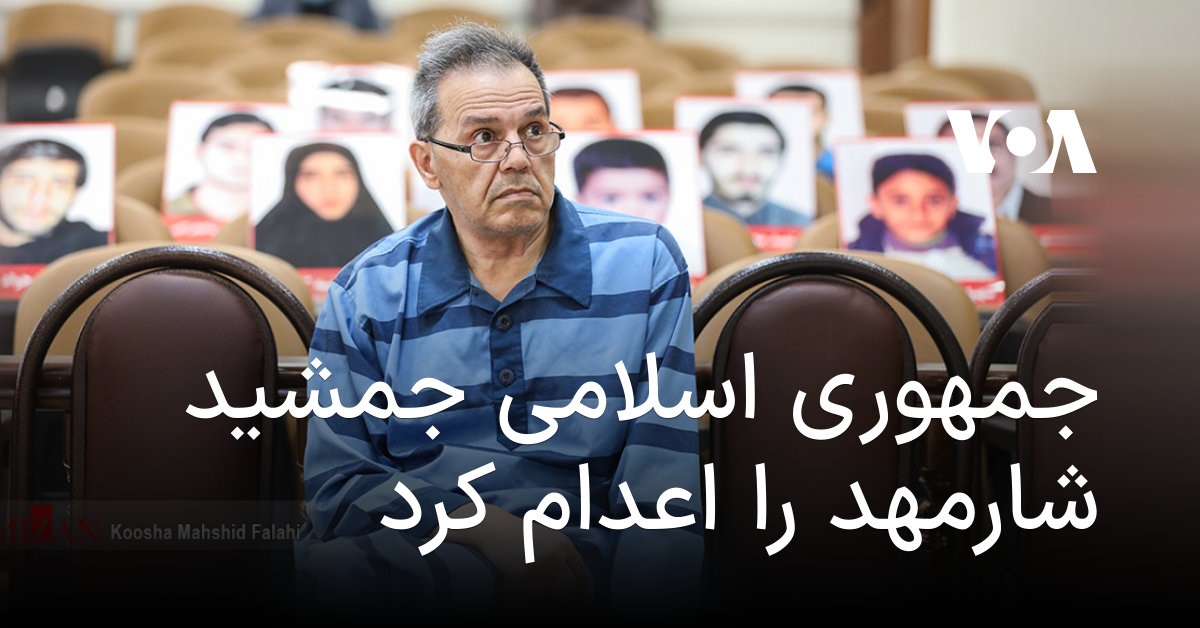
The Execution of Jamshid Sharmeh: A Troubling Echo of Political Repression
In a significant and disturbing development, the Iranian judiciary has announced the execution of Jamshid Sharmeh, a dual citizen of Iranian and German nationality, who was imprisoned in Iran. This shocking news was reported by state media, indicating that Sharmeh was accused of "corruption on earth" through his alleged role in orchestrating and leading terrorist activities. The Iranian authorities characterized him as the leader of a group known as the "Tondar," which they claim has been involved in various terrorist operations, including a deadly bombing at the Seyed al-Shohada Hosseiniyeh in Shiraz in 2008, which resulted in the deaths of 14 people.
Despite the gravity of the charges, Sharmeh’s family has vehemently denied these allegations, asserting that he merely served as a spokesperson for Tondar and had no involvement in any violent actions within Iran. His capture has been shrouded in controversy; Sharmeh was reportedly abducted by Iranian intelligence agents during a trip to Dubai in 2020 and forcibly taken back to Iran. The Iranian government has labeled Tondar as a terrorist organization, claiming its objective is to overthrow the Islamic Republic.
Also Read:- A Riveting Return of "Deal or No Deal" - Will You Take the Banker's Offer?
- Tommy Robinson Sentenced to 18 Months for Court Contempt
The trial of Jamshid Sharmeh was presided over by Judge Salavati, a figure notorious for imposing heavy sentences on political dissidents. Human rights organizations have repeatedly raised alarms regarding the fairness of the proceedings, condemning the illegal nature of his abduction and the looming threat of execution. Following his capture, Iranian authorities released several videos purportedly showcasing his "confessions," which have been criticized as being obtained under duress and torture, fundamentally violating his rights.
Born in 1955, Sharmeh had lived in Los Angeles and previously in Germany. His activities with Tondar reportedly began when he contributed to the group’s website. After his abduction, various Iranian media claimed that he was captured in Tajikistan, a claim that the Tajik government has since denied. However, Sharmeh’s family maintains that he was abducted while traveling to the UAE for business purposes related to his software company.
The timing of Sharmeh's execution is particularly poignant, occurring on the day of commemorating Cyrus the Great, a symbol of human rights and justice in Iranian history. His daughter, Ghazaleh Sharmeh, has tirelessly campaigned for international intervention, urging Western leaders to take action in securing the release of her father and other dual nationals unjustly imprisoned in Iran.
The implications of this execution extend beyond Sharmeh’s individual case. It highlights a broader pattern of the Iranian regime's use of political repression against dissidents and dual nationals, often employing spurious charges as leverage in international relations. Reports suggest that Iran's judiciary has been responsible for a staggering 74% of the world's documented executions in the past year, disproportionately affecting ethnic minorities, women, and juvenile offenders.
As the world watches, the execution of Jamshid Sharmeh serves as a stark reminder of the dire human rights situation in Iran, raising questions about the extent of governmental authority and the treatment of political prisoners. It is a call to action for the international community to advocate for justice and the protection of human rights in the face of such alarming developments.
Read More:



0 Comments